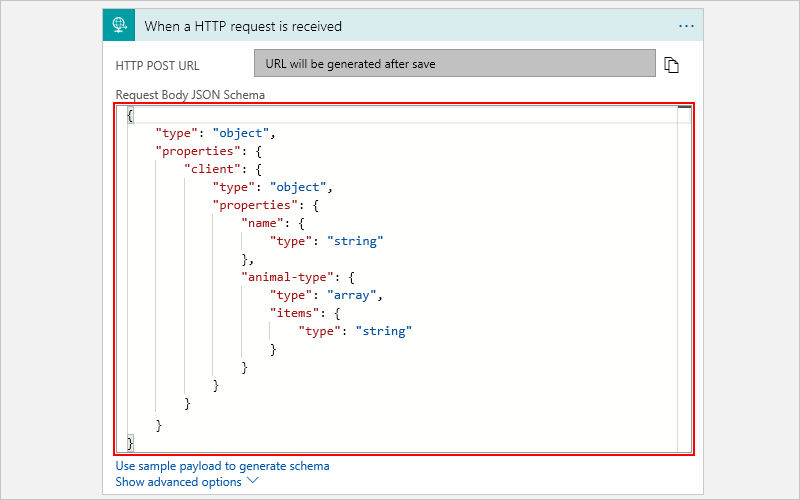Convert Octet Stream To Pdf

Observe which file type you try to open. Some octet-stream files have an extension, such as.pdf,.exe or.mp3. If the file does not have an extension, use your best judgment to assume what file type it might be.
• Observe which file type you try to open. Some octet-stream files have an extension, such as.pdf,.exe or.mp3. If the file does not have an extension, use your best judgment to assume what file type it might be. If, for example you received it as an email attachment from a friend who wrote that she would like you to listen to the attached song, then it's most likely one of the popular music file types, such as.mp3,.wav or.wma. • Download the octet-stream to a location that you will remember and is simple to find, such as your computer's desktop. • Right-click on the file.
A menu of options will display. • Select 'Open With.' From among the menu of options that displayed. A new menu of options will appear.
• Select from the new menu that appeared a program installed on your computer that you believe may open the file. Make the program selection by clicking on the program's name. If you suspect the file might be a music file, open a related program such as iTunes, Microsoft Windows Media Player or VLC Media Player.
If you suspect it might be a.pdf file, open a PDF reader such as Adobe Reader or FoxIt Reader. After selecting an installed program, the file should open automatically. • Was this answer helpful? Related Questions Q: A: Open Microsoft Excel.
Click the 'Insert' tab. Click the 'Object' button on the right side of the ribbon below the tab. Click the 'Create. Q: A: Click the Windows 'Start' button -- a blue orb with the colored Windows logo -- in your taskbar. This opens a menu. Select 'All Programs,' t. Q: A: Open OneNote and click 'File' in the tab menu of the OneNote application window.
Click the 'Printer' button and select your printer in the. Q: A:Modify Vertical Margins Using the Original Creation Software and PDFCreator Download and install PDFCreator. Follow the self-explanatory ins. Q: A: Create a new macro in the Office application that you want to use when opening the PDF file. The example that appears in the following steps.
Tools that I'm using for this: Chrome Notepad++ Sublime Text 3 Fiddler WinMerge Adobe Acrobat Reader X Synopsis I have downloaded a pdf twice, once through Chrome as an experimental control; once again through a raw /GET request via Fiddler which returns me an octet-stream. To this point, I can save the octet-stream as pdf and I can get the proper page count and some of the page headers and numbers, but very little of the body content is loading.
When I open my file in Adobe Reader X, I get an error that it Cannot extract the embedded font 'LFIDTH+ArialMT'. Some characters may not display or print correctly and I cannot work through why it can be extracted from the 'true' pdf but cannot from the one I am saving. Details As for my manual pull of the file, I have provided Accept: application/pdf, application/x-pdf, application/x-gzpdf, application/x-bzpdf The server sent me back an aplication/octet-stream with an attachment Disposition.
So to recap: • Valid Foo.pdf sitting on my hard drive • HTTP Response with an octet-stream version of same file, in UTF-8 encoding (I assume) Here is what I know: I pulled the Message Body of the response from the server and dropped it to file. I then ran a WinMerge comparison of it against the contents of the pdf and every line mismatched on line endings. I re-encoded the EOLs for Unix and the diff shrank to ~1k lines out of 160k. A close inspection of the mismatch indicates that the valid pdf maintains what looks like a NUL 00 character in places whereas my octet-stream contains literal spaces. 3d modeli dlya chpu po derevu 1. Also, the 'true' pdf is reporting EOL: LF 1252 Mixed through WinMerge. My 'raw' pdf is reporting 1252 Unix When I homogenize the 'true' pdf to 1252 Unix, I get the same issue as I explained in the 'raw' one. Is there anything I can do to get this mess of an octet-stream straightened out?
Note that the pdf that was downloaded through Chrome is historic. I have it on my machine, but I downloaded it 'sometime in the past' and the request headers used when processing that /GET are no longer available.
Attempting to download through the browser 'now' results in an error, but an explicit GET request against the resource through Fiddler is returning the pdf as an octet-stream.
- воскресенье 27 января
- 4